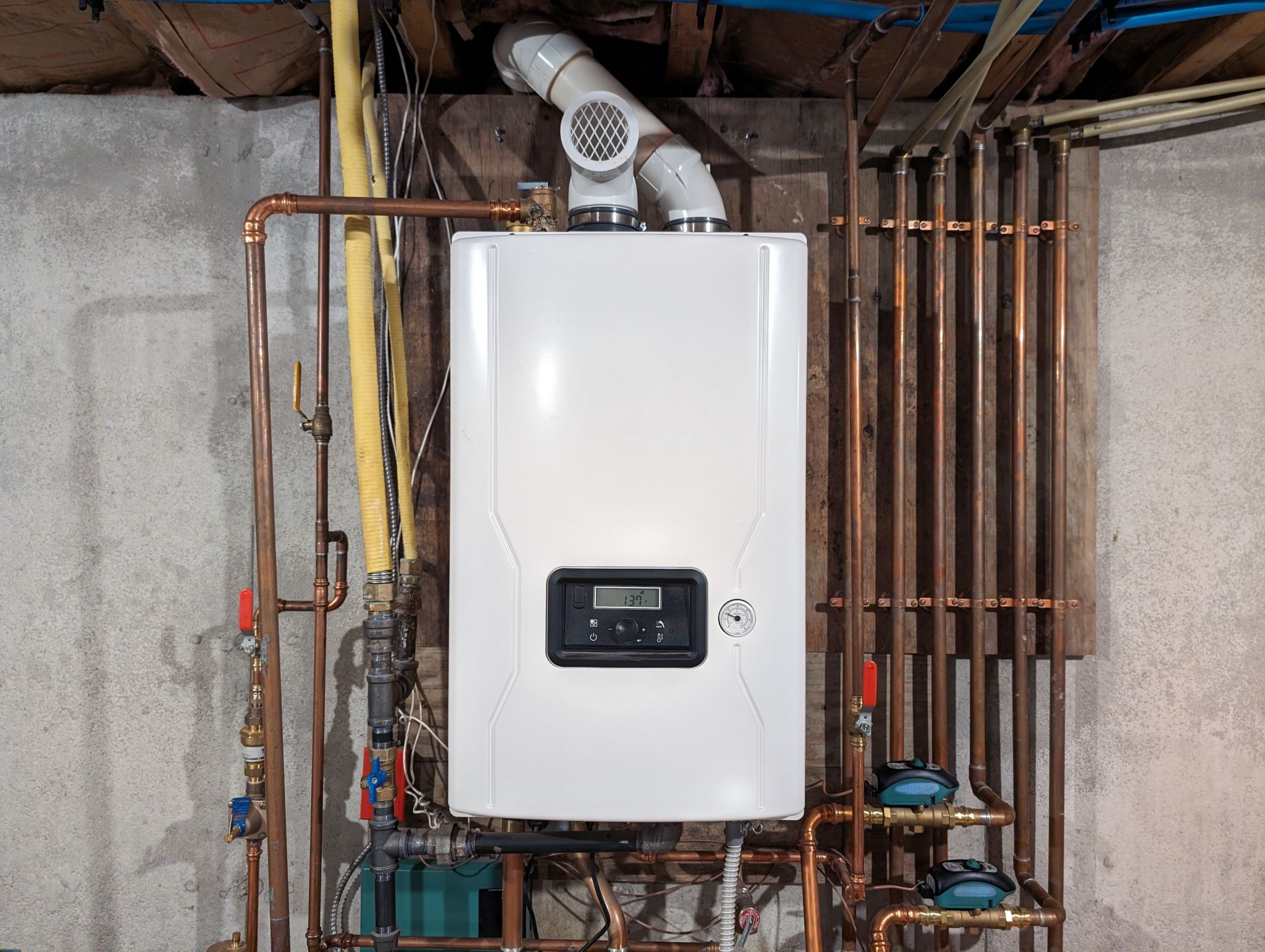Top Myths About Hot Water Systems Debunked
Understanding Hot Water Systems
Hot water systems are an essential part of modern living, providing the comfort and convenience of heated water at a moment's notice. Despite their significance, there are many misconceptions surrounding these systems that often lead to confusion and misguided decisions. In this blog post, we'll debunk some of the most common myths about hot water systems, helping you make informed choices for your home.

Myth 1: All Hot Water Systems Are the Same
A prevalent myth is that all hot water systems function the same way and offer identical benefits. In reality, there are several types of hot water systems, each with unique features and advantages. These include storage tank systems, tankless (on-demand) systems, solar water heaters, and heat pump systems. Understanding the differences can help you choose a system that best fits your household needs.
Storage tank systems are the most traditional, storing a preheated supply of water for use. On the other hand, tankless systems heat water only when needed, offering energy efficiency and space savings. Solar water heaters harness renewable energy, providing an eco-friendly option. Heat pumps use ambient air to heat water, which can also be energy-efficient.
Myth 2: Tankless Systems Are Always More Efficient
While tankless systems are often touted as more efficient than their tank counterparts, this isn't always the case. Tankless systems can indeed be more energy-efficient since they heat water on demand, reducing standby energy losses. However, in households with high hot water usage, multiple tankless units might be required to meet demand, potentially offsetting efficiency gains.

The choice between a tank or tankless system should consider your household's unique water usage patterns and energy goals. Consulting with a professional can help determine which system aligns with your needs.
Myth 3: Solar Water Heaters Only Work in Sunny Climates
It's a common assumption that solar water heaters are only effective in sunny regions. While ample sunlight can enhance their performance, these systems can operate efficiently in various climates. Modern solar water heaters often include backup systems to ensure a steady supply of hot water even during cloudy or rainy days.
Moreover, advancements in solar technology have improved efficiency, making solar water heaters a viable option for a wider range of locations. If you're looking to reduce your carbon footprint and energy bills, exploring solar options might be worthwhile.

Myth 4: Bigger Hot Water Tanks Are Better
Many people believe that a larger hot water tank is automatically better, ensuring an ample supply of hot water at all times. However, bigger isn't always better. Oversized tanks can lead to higher energy costs due to heat losses and unnecessary heating of water that isn't used.
The key is to select a tank size that matches your household's actual hot water needs. Factors such as the number of occupants and peak usage times should guide your decision. An appropriately sized tank will provide sufficient hot water while minimizing energy waste.
Conclusion
Understanding the nuances of different hot water systems is crucial in debunking common myths and making informed choices for your home. By dispelling these misconceptions, you can optimize comfort, efficiency, and cost-effectiveness in your hot water supply.
Whether you're considering an upgrade or need to replace an existing system, reviewing these myths will equip you with the knowledge needed to invest wisely in a hot water system that meets your needs and preferences.
